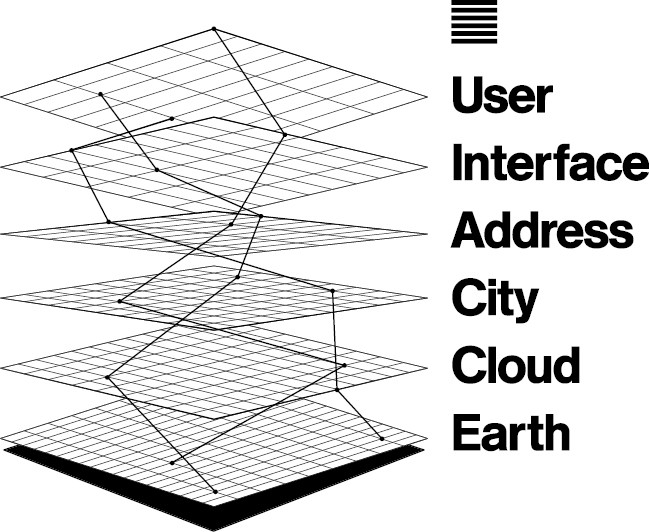STS@UoM: Science Technology & Society
James Parker and Jeremy Baskin

STS@UoM is an informal network of scholars at the University of Melbourne who work within the disciplinary tradition/s of STS or draw on associated concepts and approaches. They are generally engaging critically with developments in one or more areas where science and technology are central, and where the relationship to social structures is complex or contested. These scholars are spread across a number of faculties and disciplines.
We are interested in contemporary and emerging, and often controversial, developments in science and technology. The network is currently run by James Parker and Jeremy Baskin. It provides a space where we can:
- share research and work-in-progress in a collegial way
- organise occasional seminars and reading groups
- occasionally invite scholars of note and arrange visiting masterclasses
- ensure cross-UoM publicity for STS scholars visiting a particular faculty/dept
We spent 2020 focusing on the theme: Data Science and the Politics of Automation. In Semester 1 of 2021 the Reading Group will be co-ordinated by Jeremy Baskin and Gabrielle Simm. We will focus on revisiting Classic texts in the STS ‘canon’.
Readings will be posted below in advance. We will meet in a hybrid Zoom/Physically-present mode until further notice, every 2nd Tuesday during term from 1pm to 2.15pm.
To be added to the mailing list, for information about the reading group or any other news and events, please contact sts-uom@unimelb.edu.au with a short account of what your particular scholarly focus is.
Semester 1, 2021
Tuesday2 March2021
Robert K Merton(1942), ‘The Normative Structure of Science’
To set the scene and locate the Reading Group in our current COVID context please also read:
Sheila Jasanoff (2020), ‘Science Will Not Come on a White Horse With a Solution’, available here. Zeynep Tufnecki (2021), Interview on COVID-19 and systems thinking, transcript available here .
Tuesday16 March2021
Thomas F. Gieryn (1983), ‘Boundary-Work and the Demarcation of Science from Non-Science’, American Sociological Review, Vol. 48, No. 6, pp. 781-795.
Tuesday30 March2021
Steven Shapin & Simon Schaffer (1985), ‘Seeing and Believing: The Experimental Production of Pneumatic Facts’, Chapter 2 of Leviathan and the Air-Pump
Tuesday20 April2021
Barry Barnes and David Bloor (1982), "Relativism, Rationalism, and the Sociology of Knowledge" from Hollis, M. and Lukes, S., Rationality and relativism pp. 21-47
Tuesday27 April2021
Donna Haraway (1990) Introduction to Primate visions : Gender, race, and nature in the world of modern science.
Tuesday11 May2021
Sheila Jasanoff (1987), ‘Contested boundaries in policy-relevant science’.
Tuesday25 May2021
John Law (2015) 'STS as Method'.
Tuesday8 June2021
Brian Wynne (1989), ‘Sheepfarming after Chernobyl: A Case Study in Communicating Scientific Information’, in Environment: Science and Policy for Sustainable Development
Past reading schedules
-
Semester 2, 2020
30 July
2020Self(ie)-governance:
Technologies of intimate surveillance in India under COVID-19Ayona Datta, ‘Self(ie)-governance: Technologies of intimate surveillance in India under COVID-19’ (2020) Vol. 10(2) Dialogues in Human Geography 234–237.
Covid-19 and Contact Tracing Apps:
Technological Fix or Social Experiment?Frederica Lucivero et al, ‘Covid-19 and Contact Tracing Apps: Technological Fix or Social Experiment?’ (2020) pre-print paper.
13 August
2020Fully Automated Luxury Communism
Aaron Bastani, Fully Automated Luxury Communism (Verso, 2019) Introduction and Chs 1-3.
27 August
202010 September
202024 September
20208 October
202022 October
2020
-
Semester 1, 2020
26 February
202011 March
202025 March
2020CANCELLED
the reading for this session has moved to the following fortnight's session
8 April
202022 April
20206 May
202020 May
20203 June
2020The Fourth Industrial Revolution: what it means,
how to respondKlaus Schwab, 'The Fourth Industrial Revolution: what it means, how to respond' World Economic Forum available at https://www.weforum.org/agenda/2016/01/the-fourth-industrial-revolution-what-it-means-and-how-to-respond
The Fourth Industrial Revolution
Klaus Schwab, ‘The Fourth Industrial Revolution’, Penguin Books (2016) (105 pages – to be skim-read critically)
17 June
2020